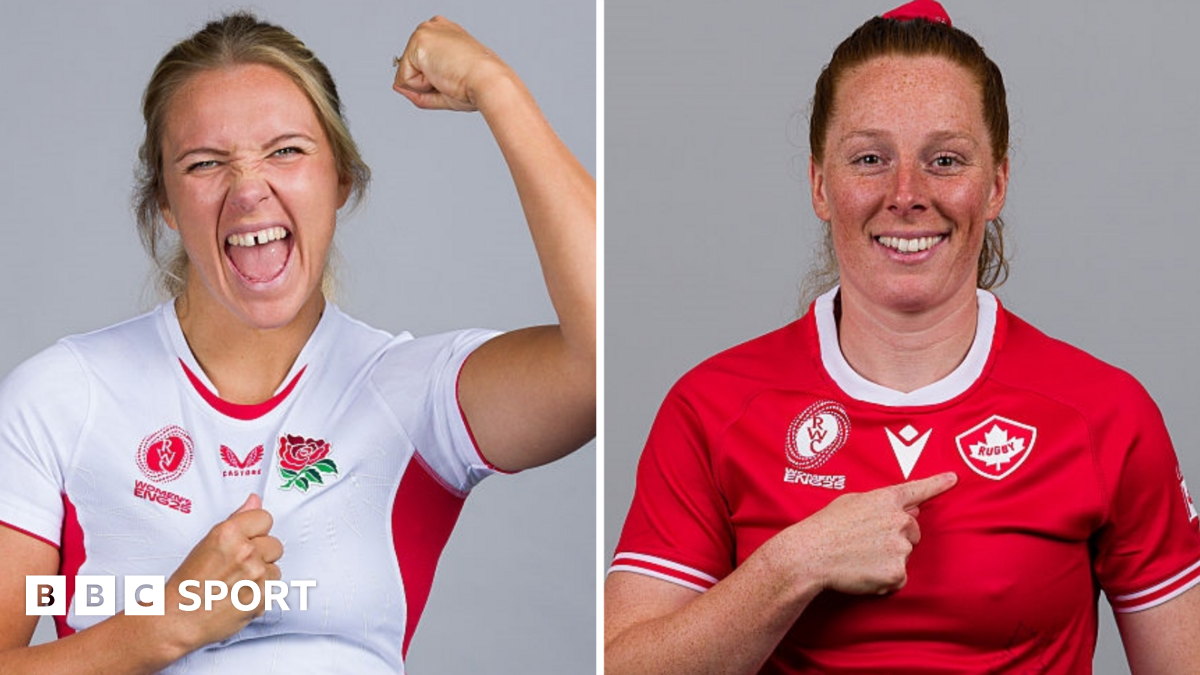Microsoft will give consumers in the European Economic Area no-strings extended support for the soon-to be-EOL Windows 10.
In October last year, users globally were told that they could get a year of extended security updates after the October 14 2025 sunset date for Windows 10 support, if they’re prepared to pay a one-off $30 fee (local rates apply). Then, in June this year, Microsoft offered a “free” option – if customers coughed up Microsoft Reward Points or used Windows Backup to sync their settings to the cloud.
However, Luxembourg and Brussels-based consumer rights group Euroconsumers decided that this was not good enough. In July it wrote to Redmond [PDF] to argue that the policy was not in line with the Digital Markets Act or the Digital Content Directive. Or the EU’s sustainability goals, come to that.
This has prompted an apparent rethink at Microsoft, revealed in correspondence between Microsoft and Euroconsumers, and flagged by Tweakers this week.
In the latest letter to Microsoft, Euroconsumers’ head of litigation, Marco Scialdone, states [PDF]: “We are pleased to learn that Microsoft will provide a no-cost Extended Security Updates (ESU) option for Windows 10 consumer users in the European Economic Area (EEA).”
Customers will still need a Microsoft account to secure the ESU, but Euroconsumers considers this doesn’t violate the DMA.
Scialdone adds: “We are also glad this option will not require users to back up settings, apps, or credentials, or use Microsoft Rewards.” The requirement to “engage” with other services to secure support had been “our main Digital Markets Act (DMA) related concern.”
However, Microsoft’s move doesn’t fully address the concerns which Euroconsumers raised back in its first letter in July, the group claims. The one year period was not in the spirit of the Digital Content Directive, or the EU’s broad sustainability goal, the letter notes.
That’s because of the fact that the Windows 10 to 11 migration will force many users to buy new hardware, largely because of the new operating system’s Trusted Platform Module requirement.
“This creates a huge additional burden for consumers, with some estimates suggesting that over 850 million active devices still rely on Windows 10 and cannot be upgraded due to hardware requirements,” the letter states.
“By contrast, upgrades from Windows 7 or 8 to Windows 10 did not carry such limitations.” And Scialdone’s letter reiterates that Windows 10’s phaseout was “on a much shorter timeline than in the past.”
He adds: “Our own survey confirms that a significant share of consumers remain on older but still functional devices: 22 percent still run Windows on a PC or laptop from 2017 or earlier, which cannot be upgraded to Windows 11 but continue to serve users’ everyday needs.”
We can expect further missives from the organization, in its attempts to “engage in fruitful conversation with Microsoft over the next year to extend device protection.”
So does this reprieve for European Windows 10 users alone help consumers in the UK when the EOL comes on October 14?
We asked Microsoft about this on Wednesday and have yet to receive a statement from its PR machine. There was some confusion, seemingly, when last night The Reg called one of its representatives who thought they’d already sent us a statement.
That statement still hasn’t arrived and there hasn’t been a mega Outlook outage that we know of. ®
Source link



